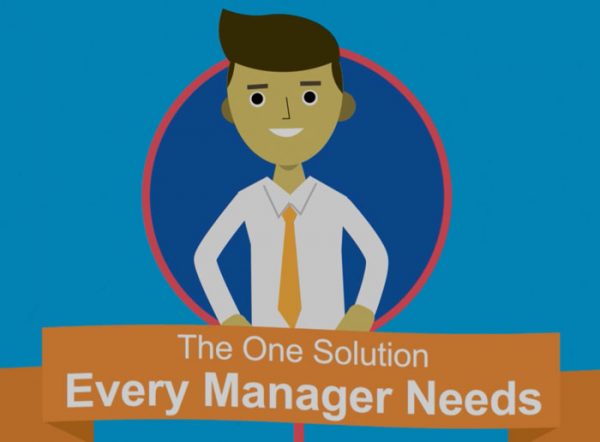Fleet Cost & Care collaborates with customers from day one to help develop solid working relationships between customers and our dedicated implementation managers. Every customer will receive a personalized training and implementation plan, based upon your needs and your schedule.
Critical Project Success Factors
There are two critical project success factors that must be achieved to accomplish a large and complex project to replace critical business systems:
- Commitment – The key stakeholders and implementation team members must be fully committed to the project. In addition, key members must have the time and resources available to them in order to accomplish the project goals. Teamwork and trust are absolutely critical.
- Communication – Excellent communication regarding clearly defined expectations, deliverables and timelines for all affected users is critical to ensure the company is aligned and informed.
Project Roles and Responsibilities
A critical factor in the success of any project is a clear delineation of the roles and responsibilities of the participants. The implementation of a software system touches virtually all aspects of a business. Throughout the implementation, many critical decisions will be made based on the needs of the enterprise. To support the implementation process, a clearly defined team of resources will be assigned to lead different aspects of the project.
The key benefits of using our proven approach are:
- Rapid and effective implementation
- Collaborative and informed approach
- Recommended best practices from multiple implementations
- Hands-on user training from setup and configuration to business processing
Fleet Cost & Care’s unique software implementation takes place in four-phases:
- Project Strategy and Analysis
- Design and Build
- On-Site Training, Transition and Go-Live
- Support
Project Strategy and Analysis
During the initial phase of implementation, we assess an overall strategy to confirm key objectives, priorities and impediments. A review of business processes and key issues is crucial to establishing, confirming and achieving project goals. From the implementation team’s analysis, a key work-plan and timetable is developed and team members on both sides are confirmed.
Design and Build
This phase of implementation begins with installing environments followed by system design, setup and configuration. The next step is gathering critical data from the customer. Everything from GL, AR and AP codes, customer and vendor information to unit and employee data is to be collected so Fleet Cost & Care’s implementation team can properly import all necessary data.
Preliminary testing and remote training begin to familiarize certain staff members with the administrative aspects of NexGen and Atom. If there are any custom requirements such as reports or other functionality within the system these are assessed. Once custom requirements are built, the production environment is prepared and configured. If the customer has any integrations included in their software package these are installed as off-site testing, remote training and configuration continues.
On-site Training, Transition and Go-Live
Training is the implementation ingredient with the highest payback. Well-trained users will use the software more effectively, be more successful, make fewer errors, improve efficiencies and enhance the likelihood that the company will meets its business objectives for your project.
On-site training for end users of NexGen and Atom is conducted with the implementation team. Our hands-on approach begins with a walk through of major aspects of NexGen and Atom broken down by job function so training is tailored to how your staff will be using the system for their specific role. End users will then begin inputting data and manipulating the system to get comfortable and discover questions.
Question and answer periods along with encouraged dialog and feedback between the end users and Fleet Cost & Care’s on-site team is important. FCC’s implementation team wants to hear all user questions so they can address issues before they arise. Feedback and suggestions are also very useful as we continue to enhance our software solutions – you employees have great ideas!
The final stage of this phase is Going-Live. The rollout of your company’s new business process: the NexGen and Atom solution is closely monitored – both for system integrity as well as user comfortability.
Support
At the conclusion of on-site training and the Go-Live transition the final phase of implementation is underway. Weekly health assessments are conducted in the form of support and operations calls which occur on a weekly basis for four to six weeks. The Fleet Cost & Care implementation team performs a post-implementation operations review with a detailed report addressing project goals and ongoing needs of the customer. Ongoing support through your FCC support contract is another resource we provide to ensure ongoing satisfaction with NexGen and Atom. Continuing educational and training opportunities are available on a case by case basis.
